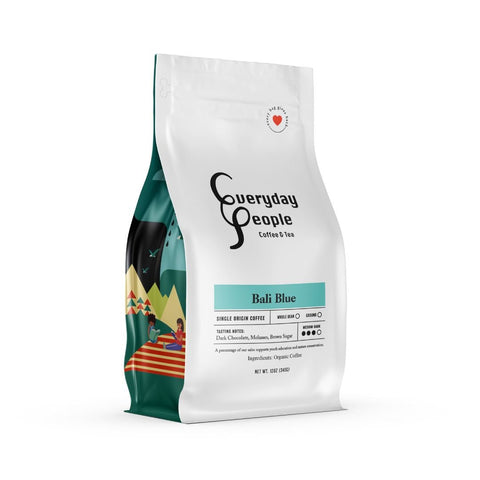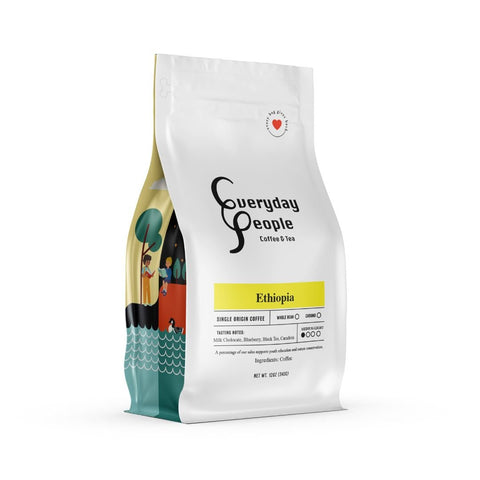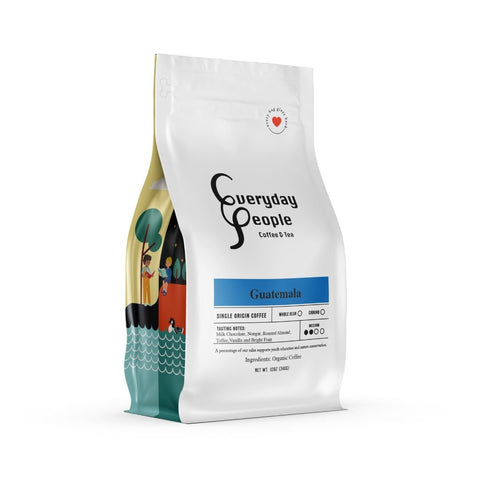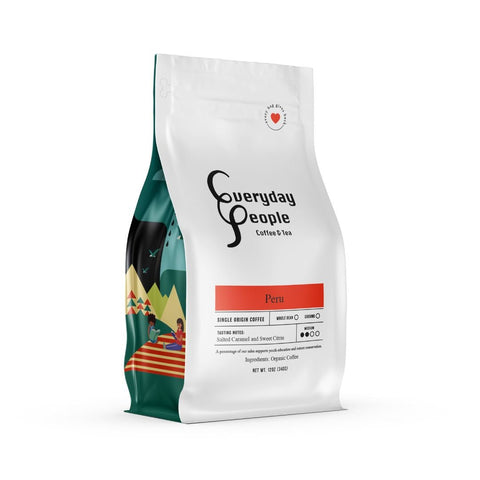Sumatra Coffee
Traditional Wet-Hulled Processing from Smallholder Farms

Coffee Overview
Sumatra's coffee is legendary for its unique processing method and distinctive flavor profile. The island's humid tropical climate and rich volcanic soils create ideal conditions for coffee cultivation, while the traditional wet-hulling process gives Sumatran coffee its characteristic earthy depth and syrupy body that sets it apart from coffees produced anywhere else in the world.
Coffee is a cornerstone crop in Sumatra, providing vital income for thousands of smallholder farmers across remote villages. The unique microclimates of the region encourage slow cherry development, producing coffees with layered complexity and distinctive character that specialty coffee enthusiasts have come to treasure.
Coffee Profile & Specifications
This exceptional Sumatran coffee showcases the hallmark characteristics of traditional Indonesian processing. The wet-hulling method, combined with the island's humid climate, creates a coffee with unparalleled body and depth. Each cup tells the story of generations of farmers who have perfected their craft in the volcanic highlands.
Citrus
Tea-Like Finish
Giling Basah Method
Indonesia
Typica
Double Picked
Unique Microclimate
The unique microclimates of Sumatra encourage slow cherry development, producing coffees with distinctive earthy depth and layered complexity. The island's volcanic soils and tropical humidity create growing conditions found nowhere else, contributing to the coffee's unmistakable profile.
These environmental factors, combined with traditional processing methods, result in a coffee that stands apart in the specialty coffee world with its bold, full-bodied character and complex flavor notes.
Smallholder Excellence
This coffee is produced by smallholder farmers who typically cultivate coffee on 1–2 hectare plots as part of a long tradition of community-driven agriculture. Despite the modest farm sizes, these producers maintain exceptional quality standards through careful cultivation and meticulous processing.

Traditional Giling Basah Processing
The Wet-Hulling Method
This lot is processed using wet-hulling (Giling Basah), a traditional Indonesian method where parchment coffee is hulled at a higher moisture content than fully washed coffees. This unique processing step, combined with Sumatra's humid climate, contributes to the region's hallmark profile: syrupy body, deep spice notes, and tea-like finish.
Hand Processing Tradition
Farmers often hand-pulp and ferment the coffee locally, using simple methods passed down through generations. This traditional approach ensures careful attention to each batch while maintaining the distinctive characteristics that make Sumatran coffee so prized.
The wet-hulling process is labor-intensive and requires precise timing. Farmers must carefully monitor moisture levels and weather conditions to ensure optimal results, a skill that has been refined over centuries of coffee cultivation in the region.

Grade 1 Double Picked Quality
This lot is classified as GR1 DP (Grade 1, Double Picked) meaning it has undergone careful hand-sorting twice to meet the highest quality standard for export. This meticulous selection process ensures only the finest beans make it to your cup, representing the pinnacle of Sumatran coffee quality.
Sustainability & Community Impact
The smallholder model in Sumatra demonstrates how traditional farming practices can be both sustainable and economically viable. These small family farms are the backbone of Indonesia's coffee industry, maintaining centuries-old traditions while supporting their communities.
Environmental Stewardship
Many communities invest in shade-tree planting and soil stewardship to maintain long-term productivity and protect their surrounding ecosystems, ensuring coffee cultivation benefits rather than harms the environment.
Smallholder Support
Coffee provides essential income for thousands of smallholder farmers across remote villages, enabling families to build sustainable livelihoods while maintaining their traditional way of life.
Generational Knowledge
Traditional processing methods passed down through generations preserve cultural heritage while producing coffee of exceptional quality, maintaining skills that define Indonesian coffee.
Community Development
Fair trade practices and quality premiums enable farmers to invest in their communities, improving infrastructure, education, and quality of life for future generations.

Traditional Farming Methods
Smallholder farmers in Sumatra continue to use traditional cultivation and processing methods that have been refined over centuries. This approach prioritizes quality over quantity, resulting in coffee that expresses the unique terroir of each microregion.
By maintaining these time-honored practices, farmers preserve the distinctive character of Sumatran coffee while ensuring the long-term sustainability of their farms and the health of the surrounding ecosystem.
Shade-Grown Excellence
The practice of growing coffee under shade trees not only produces superior beans but also maintains biodiversity and soil health. This traditional method creates a more stable microclimate and provides habitat for native wildlife while producing coffee with complex flavor development.
The Distinctive Sumatra Profile
Sumatran coffee's unique characteristics come from the combination of several factors that cannot be replicated elsewhere:
- Wet-Hulling Process: The traditional Giling Basah method creates the signature syrupy body and earthy complexity
- Humid Climate: Tropical conditions influence fermentation and drying, contributing to distinctive flavor development
- Volcanic Soil: Rich mineral content provides essential nutrients and unique terroir characteristics
- Traditional Methods: Generations of farmers have perfected techniques specific to the region's unique conditions
This combination creates a coffee experience unlike any other—bold, complex, and utterly distinctive. The result is a cup with deep spice notes, hints of black tea and citrus, and a tea-like finish that lingers on the palate, showcasing everything that makes Sumatran coffee exceptional.
Experience Traditional Sumatran Coffee
Discover the bold, complex flavors of wet-hulled Indonesian coffee. Every cup supports smallholder farmers maintaining centuries-old traditions in the volcanic highlands of Sumatra.
Shop Sumatra Coffee Explore Our Origins



